
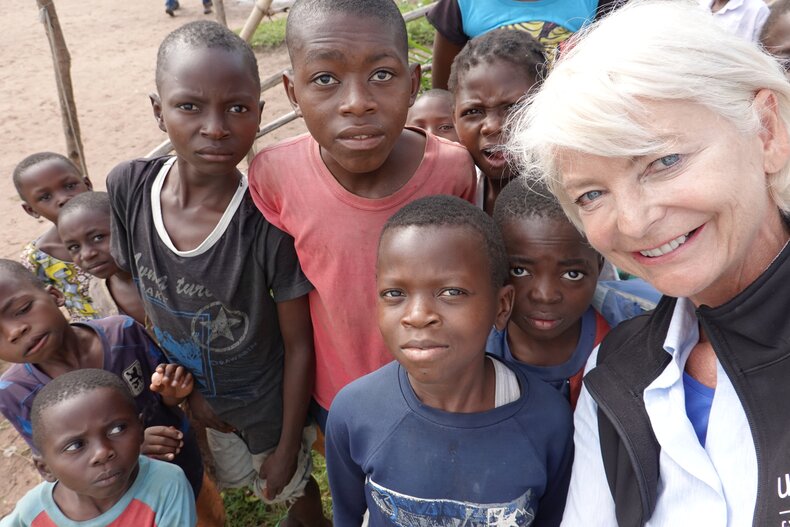
Human Rights Day, observed annually on December 10th, is an opportunity to reflect on the importance of human rights and the role they play in fostering peace, equality, and justice across the World. This year’s theme for this occasion offered by UN is Our Rights, Our Future, Right Now.
“We would like to support and extend this topic as it emphasizes the urgency to resolve human rights related issues in today’s ever-changing World marked with brutal wars, human-trafficking and other rights abuse,” says Ann Kathrin Linsenhoff.

Despite the progress made over the decades, human rights violations continue to affect millions of people worldwide. According to the United Nations, some 50 million people are currently living in modern slavery. Human trafficking is one of central component of this issue, with more than 70% of trafficking victims being women and children.
This number was influenced by the war in Ukraine as within months of the invasion of the Russian Federation invasion, global searches for Ukrainian women escort services had increased by 300 percent. Yet, this is not the first situation like this, as recent research has revealed that human trafficking was present in 90 percent of the 171 wars and conflicts that took place between 1989 and 2016.
These violations harm individuals, destabilize societies, and hinder progress for all. “On Human Rights Day, we must acknowledge these injustices and recommit ourselves to addressing them,” states Ann Kathrin Linsenhoff.
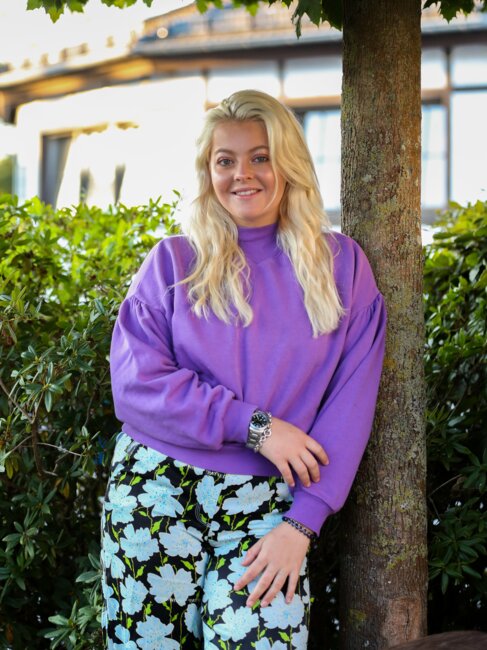
To counter one of the most heinous human rights violations — human trafficking — Linsenhoff Foundation together with Haus Linsenhoff are supporting the UNICEF Germany initiative to combat human and sex trafficking, particularly at the Ukrainian border. According to UNICEF, at least 6 million people have been displaced in Ukraine, with many women and children vulnerable to trafficking.
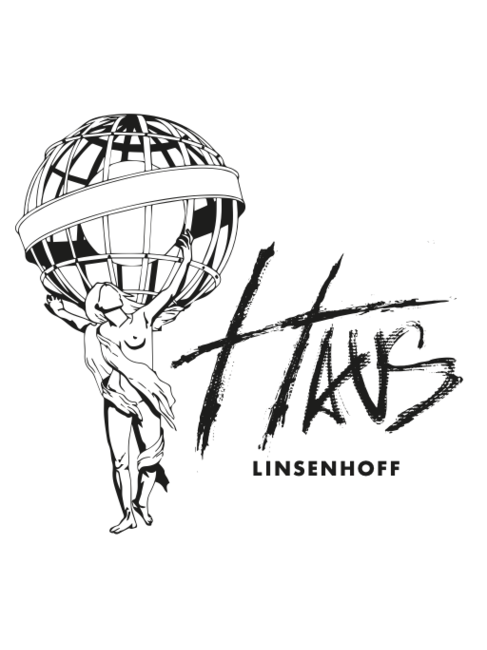
In collaboration with UNICEF Deutschland, fashion brand Haus Linsenhoff seeks to emphasize the strength necessary to escape the trauma of human trafficking and the battle for ownership of one’s own body. It strives to encourage individuals to pay closer attention to their surroundings, take action, and stand in solidarity with those who have been victimized.
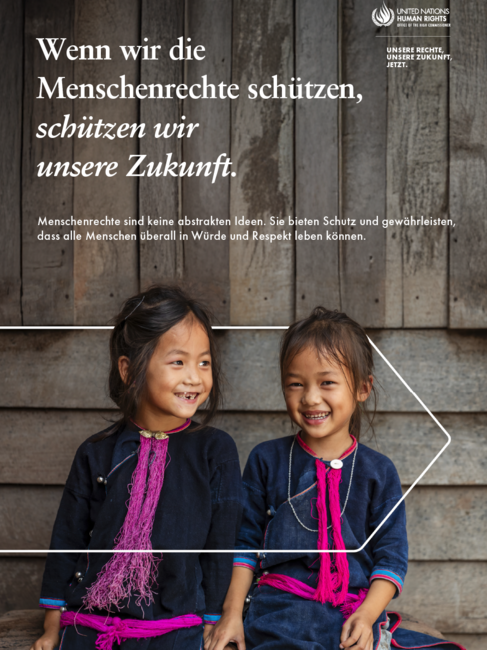
Yet, the problems, especially in women's rights do not stop there. This year, the World has seen a lot of turmoil from wars in Ukraine, Israel, Syria, and much more. “However, the human rights violations take place not only in the war zones,” underlines Ann Kathrin Linsenhoff.
One of the examples was a try to lift a ban on female genital mutilation (FGM) by the Gambian government. FGM involves the circumcision or removal of part or all of the external female genitalia. It is often performed on babies and young girls and can have serious lifelong consequences: Trauma as well as physical ailments such as infections and complications during the birth of their children. Luckily, after international discussions and fights, the Gambian parliament has voted that Female genital mutilation (FGM) will remain banned in the West African country.
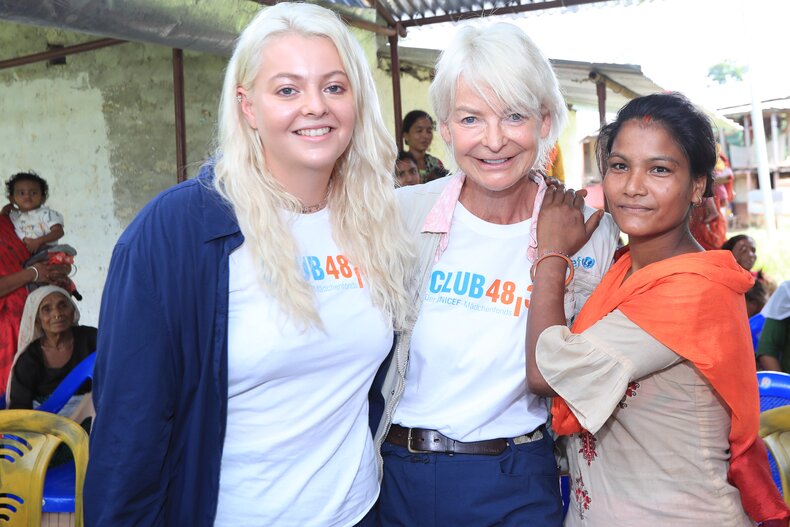
Today we mentioned only a few issues among vast violations of human rights. “One thing we have to remember, human rights are not made to protect individuals in times of crisis — they are a proactive and transformative force that can shape a fairer, more just world,” states Ann Kathrin Linsenhoff.
By protecting the rights of all individuals, we safeguard the future of entire societies, ensuring that everyone can live with dignity, equality, and freedom. By advancing human rights, we address the root causes of injustice and inequality, paving the way for a more inclusive and sustainable World for future generations.
Yours
sincerely

